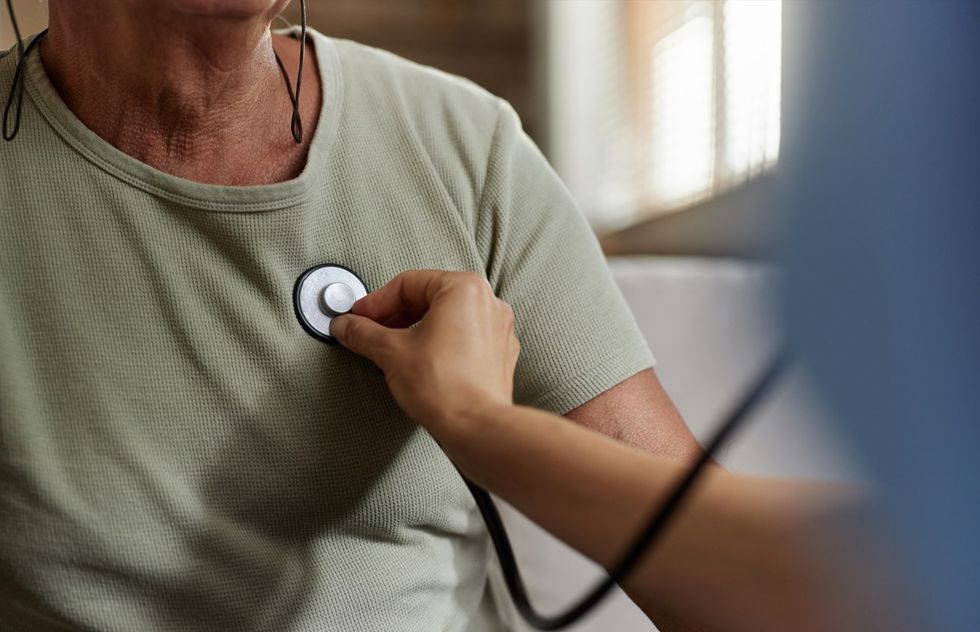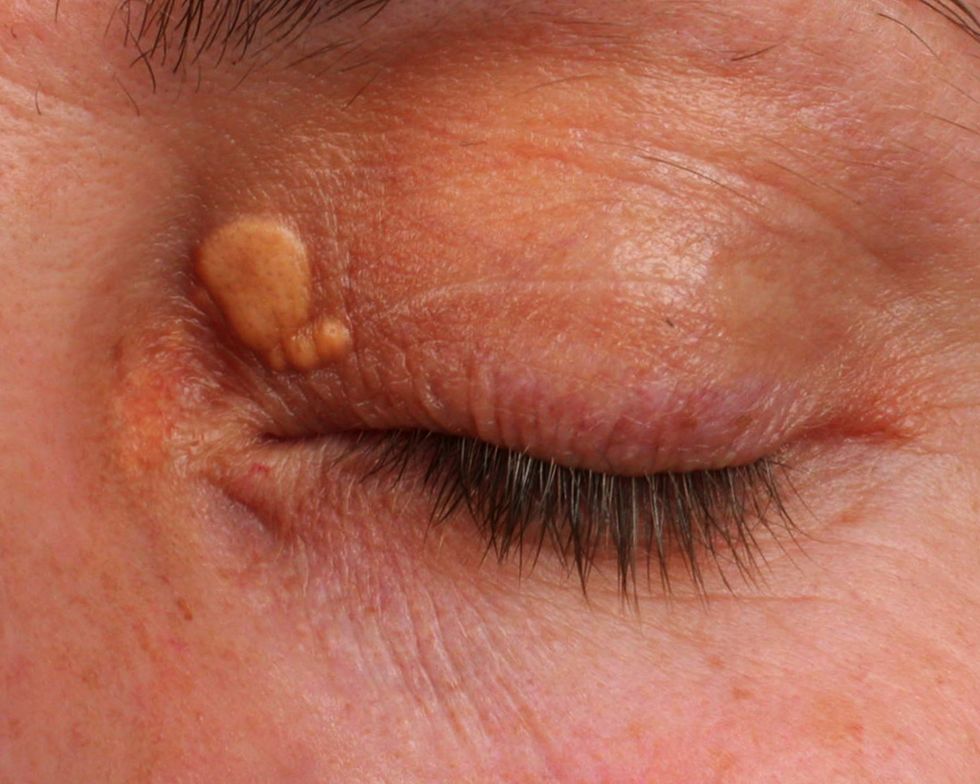‘I’m a doctor - patients who present one of 3 signs are very likely to have high cholesterol’

The three tell-tale signs suggest cholesterol deposits are building up inside the blood vessels
Don't Miss
Most Read
High cholesterol remains a significant health concern in the UK due to its strong link to heart attacks and strokes.
Unfortunately, the absence of symptoms means the condition often go undiagnosed until a person's life is at risk.
Fortunately, a UK GP has taken to TikTok to share three visible signs of the condition that may warrant treatment.
Doctor Ahmed, who goes by @drasays on the social media platform, explained that the main symptoms appear on the hands and around the eyes.

High cholesterol is a precursor for cardiovascular issues
| GETTYHe warned not to ignore them as they may be indicative of genetic form of high cholesterol requiring medical attention.
“If you have any of these three things, it means you have high cholesterol,” the doctor told viewers.
"Having high cholesterol often has no symptoms but these three things are key signs of it."
“The first one is tendon xanthomata, which is where cholesterol clips form on any ligament or tendon in your body."
The second visible indicator is known as xanthelasma, which presents as cholesterol deposits around the eyes.
These bumps are neither painful nor itchy and will rarely compromise a person's vision in any way.
The third sign identified by Doctor Ahmed is corneal arcus, which appears as a very thin white rim around the eye.
Like the previous symptoms, visible ring around the cornea warrants prompt medical investigation as it suggests cholesterol deposits are building in the blood vessels.
LATEST DEVELOPMENTS

Xanthelasma are yellowish bumps that often appear around the eye
|GETTY
It may also signal familial hypercholesterolemia, a genetic condition that can lead to significantly elevated cholesterol levels requiring statin treatment.
"This is genetic and runs in families," Dr Ahmed explained, emphasising the hereditary nature of the condition that requires proper medical management to prevent serious health complications.
The GP stressed the importance of family screening, recommending that individuals should ask their parents, aunts, and uncles about any history of high cholesterol.
"Obviously go and get checked and get your blood tests," Dr Ahmed urged.










